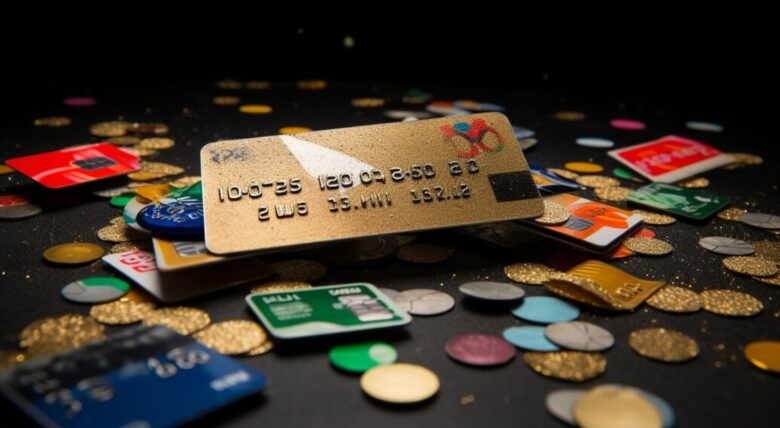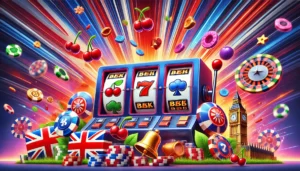Picture your credit score as a high-stakes poker game, where every financial decision is a hand played. The big question that often baffles many is whether gambling acts as a wild card in this game, affecting your credit score.
In this article, we dive into the intricate relationship between gambling and credit ratings, exploring myths, realities, etc. Let’s shuffle through the information deck and deal out some facts!
Understanding credit ratings and gambling
First, let’s lay the foundation by understanding a credit rating. Think of it as a report card for your financial behaviour, detailing how well you manage debt and pay bills. Now, enter gambling — a hobby for some, a passion for others. The question is, does this hobby influence your financial report card?
Right from the start, it is essential to note that gambling does not directly impact your credit score. It is not the act of gambling that could be an issue, but rather the financial decisions you make while gambling that might affect your credit health.
What is the real impact of gambling on credit ratings?
Let’s clear the air before we delve into how gambling can influence your credit score. Imagine your credit score as a delicate garden. Just as certain activities can nurture or harm your garden, certain financial behaviours can maintain or disrupt the health of your credit score.
Let’s break down the primary ways gambling could indirectly influence your credit rating:
- Financing your gambling. You are treading dangerous waters if you are resorting to loans or credit cards to gamble. This habit can spiral into high debts and skipped payments, causing significant concerns about your credit history.
- Shifting financial priorities. Regular gambling may lead to putting gambling expenses ahead of essential bill payments. Habitually neglecting bills can harm your credit score, like repeatedly missing shots can damage a basketball player’s record.
- Perception by lenders. While gambling itself does not bring down your credit score, lenders might perceive frequent gambling as a high-risk behaviour. It is akin to someone judging the contents of your shopping cart — too many wrong items could lead to negative assumptions.
It is essential to gamble responsibly, ensuring that your leisure activity does not lead to financial habits that could harm your credit health.
Benefits and risks: A balanced view
Just as every coin has two sides, there are risks and neutral aspects to consider. Responsible gambling, where spending is within one’s means and not funded by debt, will not harm your credit rating. It is like enjoying a glass of wine with dinner — it is fine in moderation.
However, uncontrolled gambling, leading to debt accumulation, missed payments, and financial instability, can undoubtedly tarnish your credit report. It looks like letting that one glass of wine turn into a whole bottle.
Conclusion
In essence, gambling does not automatically affect your credit score, but the financial behaviours associated with excessive gambling might. Keeping your financial habits in check is vital. It ensures that your recreational betting does not jeopardize your financial reputation.
Remember, in the grand game of life, safeguarding your credit score is a wager you cannot afford to lose. Manage your finances wisely and approach gambling responsibly to maintain a credit score as impressive as a perfect poker hand!



